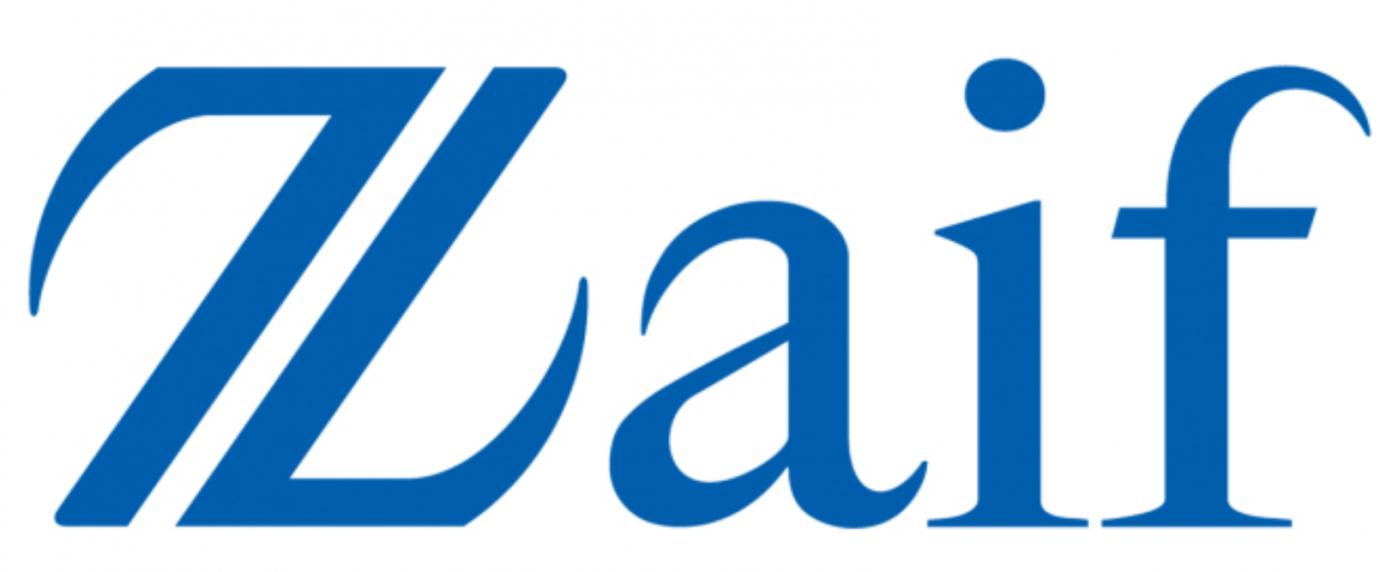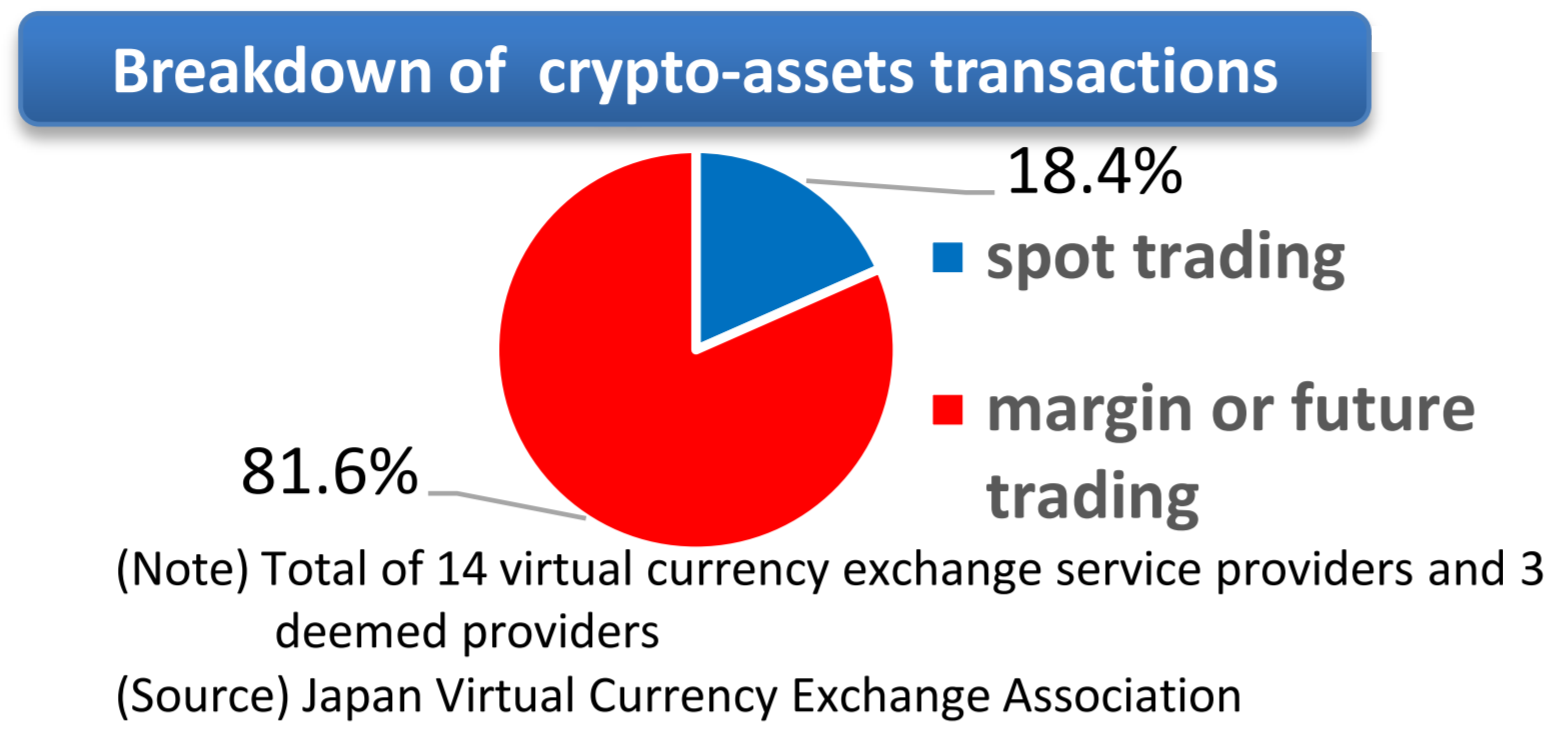
The largest crypto exchange in Japan, Bitflyer, has announced a major organizational overhaul. A new representative director has been appointed to oversee the exchange’s day-to-day operations. Meanwhile, hacked crypto exchange Zaif has stopped accepting new customers as regulators ramp up oversight of exchange operators.
Also read: 160 Crypto Exchanges Seek to Enter Japanese Market, Regulator Reveals
Zaif Halts New Memberships
 Osaka-based crypto exchange Zaif, one of the 16 regulated crypto exchanges in Japan, has suspended signing up new members. “We decided to temporarily stop accepting new membership registration at 21 o’clock on September 28,” Zaif’s operator, Tech Bureau, announced Friday. The company clarified, “Customers who are waiting for registration, such as being already in the process of identity verification by applying for membership registration, will register as usual as a member,” adding:
Osaka-based crypto exchange Zaif, one of the 16 regulated crypto exchanges in Japan, has suspended signing up new members. “We decided to temporarily stop accepting new membership registration at 21 o’clock on September 28,” Zaif’s operator, Tech Bureau, announced Friday. The company clarified, “Customers who are waiting for registration, such as being already in the process of identity verification by applying for membership registration, will register as usual as a member,” adding:
We are responsible for recovering the damage to all existing customers who were victimized by the current virtual currency outflow, but to do so, [we need] to concentrate our internal resources.
Zaif was hacked on Sept. 14 but the breach was not discovered until Sept. 17. The total damage is estimated to be about 7 billion yen (~$62 million). Tech Bureau claims that approximately 5,966 BTC, 42,327 BCH, and 6,236,810 MONA were stolen. The country’s Financial Services Agency (FSA) has issued the company a third business improvement order.
Bitflyer’s Overhaul
 Bitflyer announced Monday, Oct. 1, a change in the company’s organizational structure. “Today marks the establishment of the holdings company, Bitflyer Holdings Inc.,” the firm announced. Bitflyer Inc., which operates Japan’s largest crypto exchange, “has become a wholly-owned subsidiary of Bitflyer Holdings Inc. by means of a stock transfer.” In a joint statement, Bitflyer Inc. and Bitflyer Holdings Inc. clarified, “Everyone will be able to use our services and trade just as they always have,” noting:
Bitflyer announced Monday, Oct. 1, a change in the company’s organizational structure. “Today marks the establishment of the holdings company, Bitflyer Holdings Inc.,” the firm announced. Bitflyer Inc., which operates Japan’s largest crypto exchange, “has become a wholly-owned subsidiary of Bitflyer Holdings Inc. by means of a stock transfer.” In a joint statement, Bitflyer Inc. and Bitflyer Holdings Inc. clarified, “Everyone will be able to use our services and trade just as they always have,” noting:
The purpose for creating a holdings company is to separate administrative and operational functions, to clarify the duties and responsibilities of each function, to strengthen corporate governance, and to create a more thorough compliance structure.
 On June 22, Bitflyer Inc. halted new account registrations after it was issued a business improvement order by the FSA. “In order to maximize our efforts towards building a suitable service and improving on the issues identified, we have voluntarily and temporarily suspended the onboarding of new customers,” the exchange explains on its website.
On June 22, Bitflyer Inc. halted new account registrations after it was issued a business improvement order by the FSA. “In order to maximize our efforts towards building a suitable service and improving on the issues identified, we have voluntarily and temporarily suspended the onboarding of new customers,” the exchange explains on its website.
With the establishment of the holdings company, Yuzo Kano has stepped down as the representative director of Bitflyer Inc. to become the CEO of Bitflyer Holdings Inc. Nobuyoshi Suzuki from Mitsui Bank Ltd has been appointed the new representative director of Bitflyer Inc.
Self-Regulatory Plans
 On Sunday, Sept. 30, Jiji Press reported that the Japan Virtual Currency Exchange Association (Jvcea) “will set a ceiling on the amount of digital currencies managed online,” citing unnamed sources. Members of the association are the 16 regulated crypto exchanges, including Zaif and Bitflyer. The group has filed for accreditation with the FSA to become an organization that can legally enforce self-regulation on its members. The news outlet added that according to the sources:
On Sunday, Sept. 30, Jiji Press reported that the Japan Virtual Currency Exchange Association (Jvcea) “will set a ceiling on the amount of digital currencies managed online,” citing unnamed sources. Members of the association are the 16 regulated crypto exchanges, including Zaif and Bitflyer. The group has filed for accreditation with the FSA to become an organization that can legally enforce self-regulation on its members. The news outlet added that according to the sources:
The ceiling is likely to be around 10 to 20 percent of customer deposits.
The group was established in response to the hack of Coincheck in January and has been working on implementing self-regulation. With the hack of Zaif, the group “plans to tighten self-regulatory measures it follows on the management of customer assets,” the publication described. The news outlet further detailed that the group “will shortly revise the self-imposed rules, drawn up in July, and implement them once it is certified by the Financial Services Agency.”
FSA’s Priority Report
The FSA published a report entitled Financial Services Policy: Assessments and Strategic Priorities 2018 on Wednesday, Sept. 26.
The agency revealed that based on data of 14 regulated crypto exchanges and three deemed providers obtained from the Jvcea, 81.6 percent of all crypto transactions going through these exchanges are “margin or future trading.” Meanwhile, 18.4 percent are spot trading. Deemed providers are exchanges that have been allowed to operate in Japan while their applications are still being reviewed by the agency. Japan now has a total of three deemed providers: Coincheck, Lastroots, and Everybody’s Bitcoin.

In its report, the FSA reveals that it will “Tighten registration screenings and monitoring, taking account of issues found in inspections,” “Review certification applications prepared by self-regulatory organizations and encourage them to achieve the early establishment of the self-regulating function,” and “Lead the discussion for global cooperation to form regulations as the chair of the G20 in 2019.”
What do you think of the developments in Japan? Let us know in the comments section below.
Images courtesy of Shutterstock, Japan’s FSA, Zaif, and Bitflyer.
Need to calculate your bitcoin holdings? Check our tools section.
The post Japan Roundup: Bitflyer Restructures, Zaif Suspends New Member Registrations appeared first on Bitcoin News.
Powered by WPeMatico
